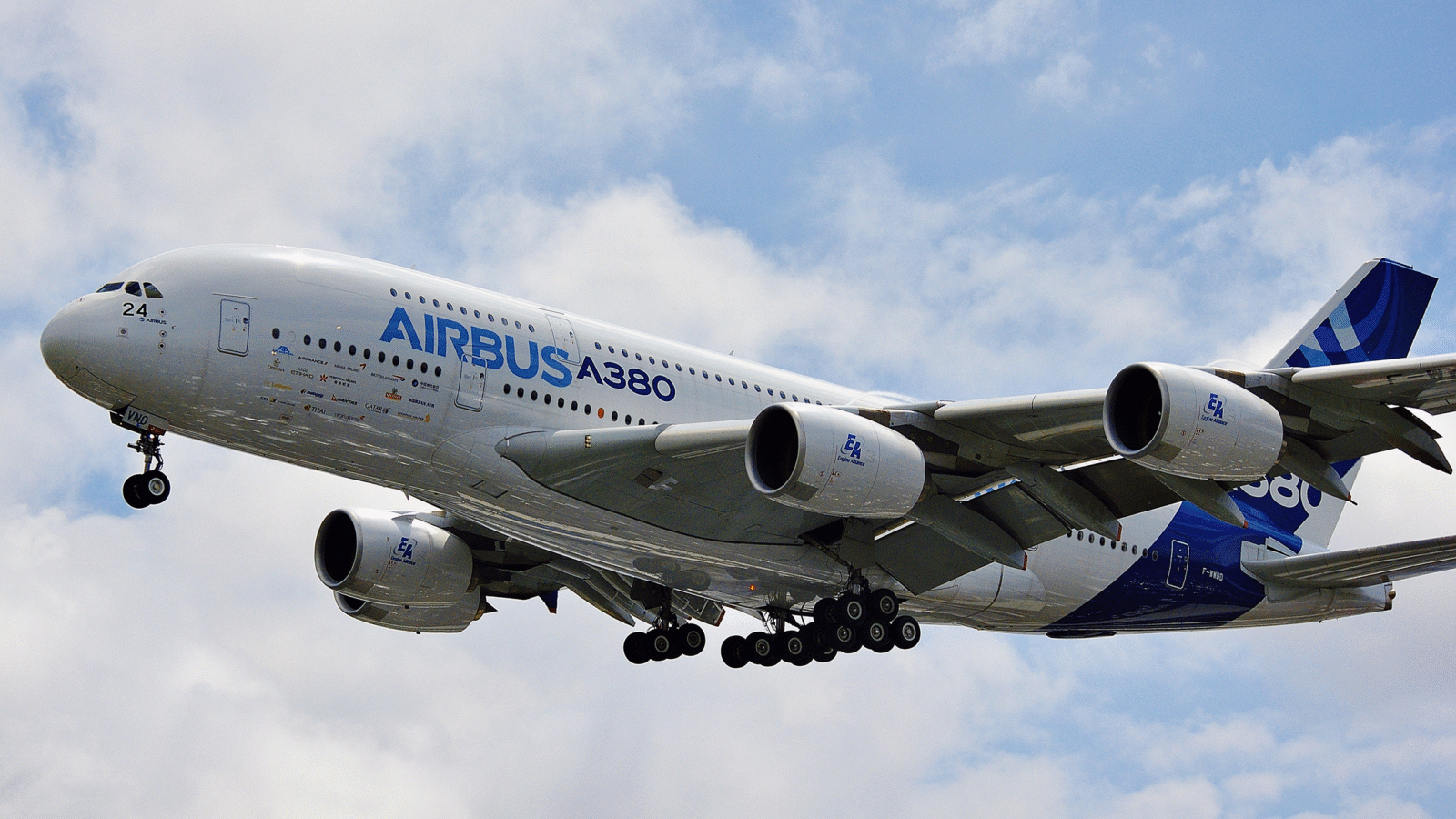
Sign up for smart news, insights, and analysis on the biggest financial stories of the day.
At video game company Zynga, tonight they’re gonna party like it’s 2010.
The creator of the once wildly popular mobile game FarmVille — which launched a million Facebook notifications from distant cousins that hadn’t been heard from in years — agreed to a $12.7 billion acquisition by console game firm Take-Two Interactive on Monday.
The Metaverse Before Meta
There was a time when Zynga was the most successful app developer in the history of Facebook. It got there with the agriculture-themed FarmVille, a 2009 social media game where players built their own custom farms. Users made avatars for themselves and could interact with friends, making FarmVille a sort of proto-metaverse experiment with simulated cows and crop harvesting a decade before Mark Zuckerberg proposed putting avatars in meeting rooms.
The original FarmVille, embedded in Facebook and Microsoft’s MSN games, drew 84 million monthly active users at the height of its popularity but was discontinued at the end of 2020 when Facebook decided to stop supporting flash-based games.
Zynga has also launched two Farmville sequels, focused on mobile devices, and other popular games including CSR Racing, Empires & Puzzles and Harry Potter: Puzzles & Spells. Take-Two Interactive, the console gaming company that’s buying Zynga, is putting a huge premium on its potential:
- Take-Two — best known for blockbuster console and PC games including Grand Theft Auto, Red Dead, and NBA 2K — agreed to acquire all outstanding shares of Zynga at $9.86 a share, a 64% premium over its closing price on Friday.
- Investors have taken the opposite view of Zynga: the company’s shares have fallen 38% in the last year, with markets skeptical about gaming’s wider appeal in a post-pandemic world.
Mobile Machinations: With the acquisition, Take-Two is making a huge pivot to mobile gaming, which now represents half of the video game industry. The company, which made $6.1 billion in customer bookings in the 12 months to September 2021, expects mobile gaming to account for 50% of its bookings in the 2023 fiscal year, up from 12% in fiscal 2022.











